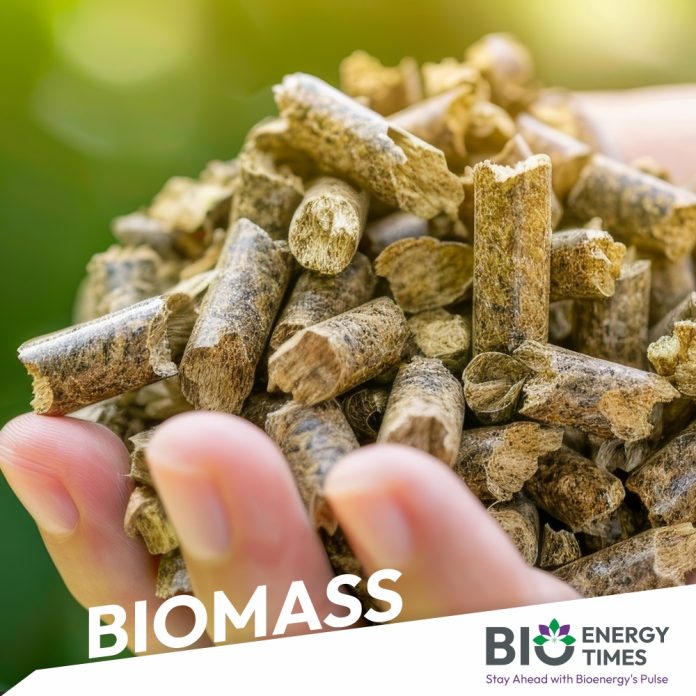The proposal to convert the closed Redbank coal power station into a biomass plant is set to be decided in court after its proponent challenged the decision of New South Wales’ final planning authority, reports Renew Economy.
Verdant Earth Technologies has lodged an appeal with the NSW Land and Environment Court after the Independent Planning Commission (IPC) rejected its application in September.
The company aims to restart the 151-megawatt Redbank plant, which stopped operating in 2014, and invest $70 million to shift its fuel from coal tailings to biomass.
Verdant, formerly Hunter Energy, plans to burn 700,000 tonnes of biomass each year. It says the material would first come from “invasive native species” supplied by farmers and later from plantation crops. The company argues the project would offer much-needed round-the-clock power as ageing coal stations shut down.
The NSW planning department had said the project could be approved, but strong public opposition prompted it to be referred to the IPC for a final decision. The IPC ultimately rejected the plan.
During public hearings, local residents expressed concern about air quality and feared native forests could be used as fuel — something Verdant now says it will not do.
In its rejection, the IPC said the proposal did not adequately address the risk of encouraging land clearing, nor the environmental impact of removing invasive native species. It also said the plan failed to explain how the plant would operate if future plantation crops were not available.
Verdant chief executive Richard Poole said the company was not given a fair chance to respond to these concerns and the appeal would allow it to fully counter the findings.
“The IPC said we did not give them enough information about our fuel strategy,” Poole said. “But there is nothing here that we cannot explain.”
Poole argues the project could provide environmental benefits for farmers in western NSW, particularly in the Cobar region, by helping them remove invasive native scrub.
Invasive native scrub is considered a weed because it spreads across rangelands and blocks other vegetation. Farmers are allowed to clear it under specific rules. A 2021 estimate by Renewed Carbon suggested up to 24 million tonnes of this scrub may exist within 75 kilometres of Cobar.
Poole said the usual practice is to remove and burn the vegetation on site. “These are biomass resources and we are wasting them,” he said. According to him, one farmer has already offered to supply 500,000 tonnes annually — nearly enough for the plant’s needs.
He says a controlled burn at Redbank, at around 850°C, would be a better option than burning the material in open fields, which can create additional emission concerns. The company also plans to grow fast-maturing “energy crops,” planting 2.4 million trees each year. These trees would be cut after four years and allowed to regrow, providing a continuing fuel source.
Poole argues this cycle of growing, burning, and regrowing would make Redbank a carbon-neutral wood-fired power station. The company is also considering the use of wood waste from landfills, including discarded construction materials and furniture.
However, environmental groups remain opposed. The Nature Conservation Council has criticised the plan, calling the idea of “burning woodlands and forests for energy” both illogical and harmful.
Poole maintains that using already-available biomass, such as invasive native scrub, is a better use of the material than letting it go to waste.















